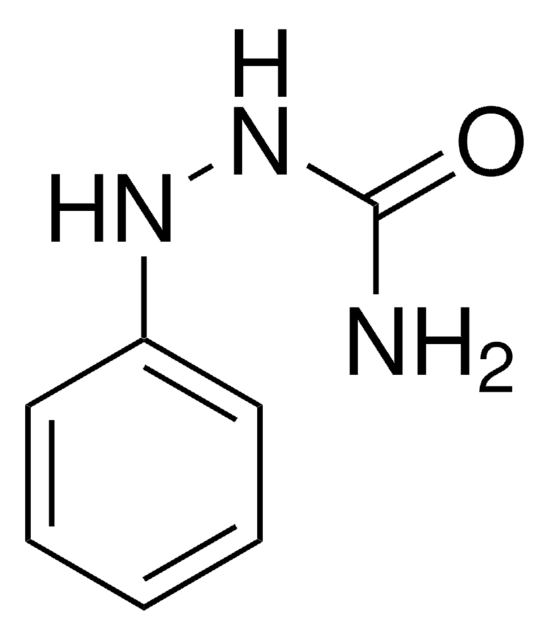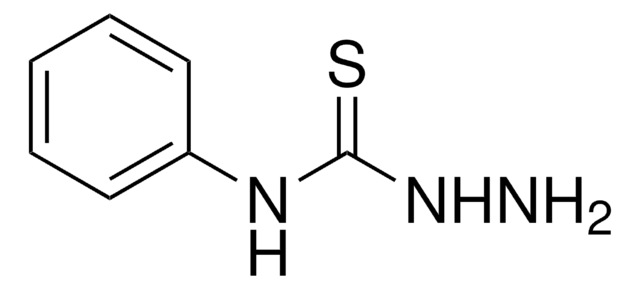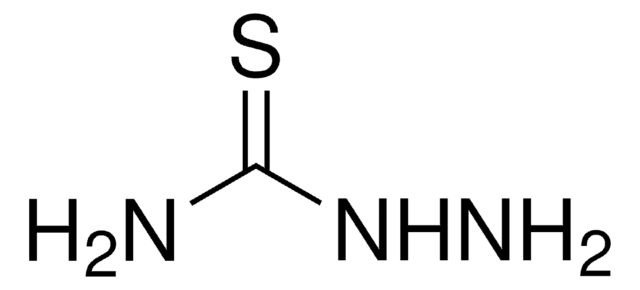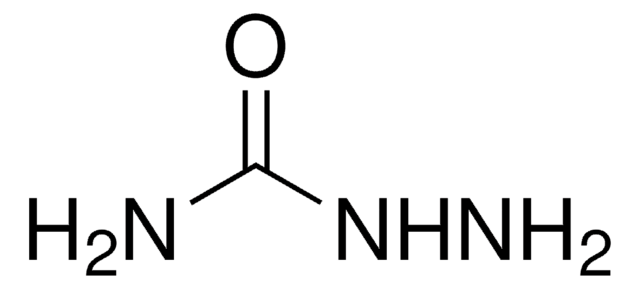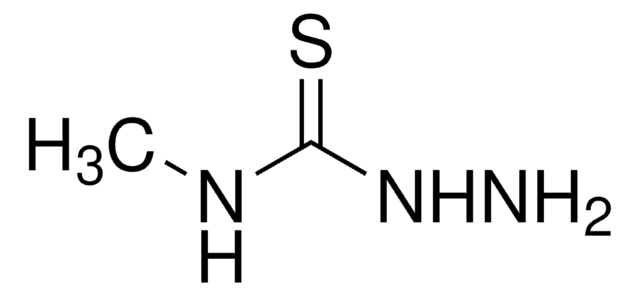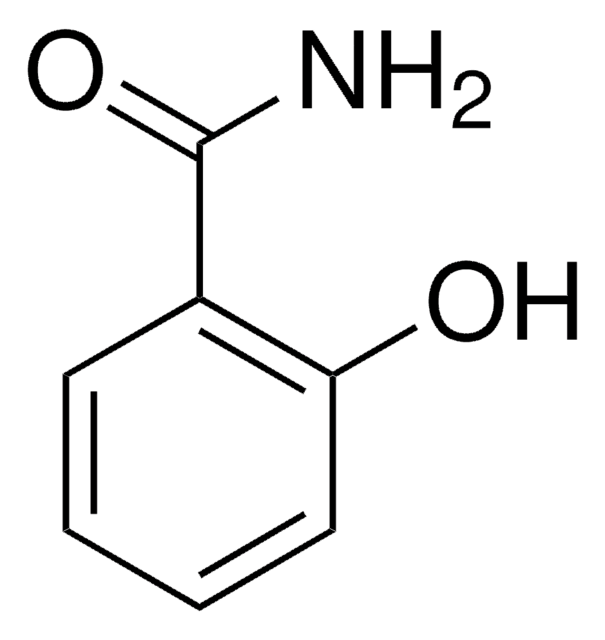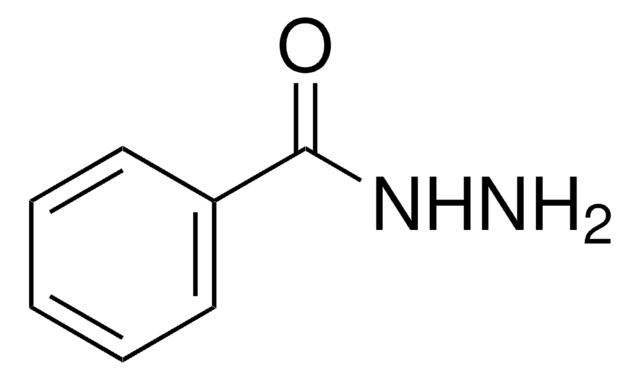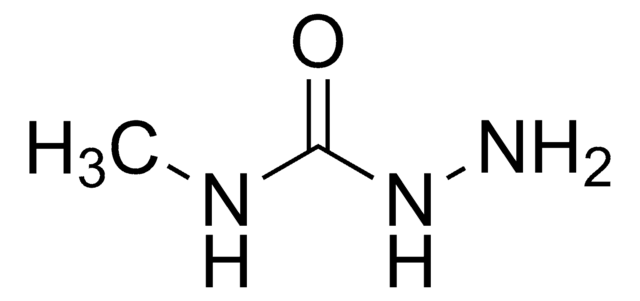About This Item
Recommended Products
Quality Level
Assay
99%
mp
215-217 °C (lit.)
solubility
alcohol: freely soluble
water: freely soluble
functional group
amine
hydrazine
SMILES string
Cl.NNC(=O)Nc1ccccc1
InChI
1S/C7H9N3O.ClH/c8-10-7(11)9-6-4-2-1-3-5-6;/h1-5H,8H2,(H2,9,10,11);1H
InChI key
BNXHWDWODIHJEH-UHFFFAOYSA-N
Application
Signal Word
Warning
Hazard Statements
Precautionary Statements
Hazard Classifications
Acute Tox. 4 Dermal - Acute Tox. 4 Inhalation - Acute Tox. 4 Oral
Storage Class Code
11 - Combustible Solids
WGK
WGK 3
Flash Point(F)
Not applicable
Flash Point(C)
Not applicable
Personal Protective Equipment
Choose from one of the most recent versions:
Certificates of Analysis (COA)
Don't see the Right Version?
If you require a particular version, you can look up a specific certificate by the Lot or Batch number.
Already Own This Product?
Find documentation for the products that you have recently purchased in the Document Library.
Our team of scientists has experience in all areas of research including Life Science, Material Science, Chemical Synthesis, Chromatography, Analytical and many others.
Contact Technical Service